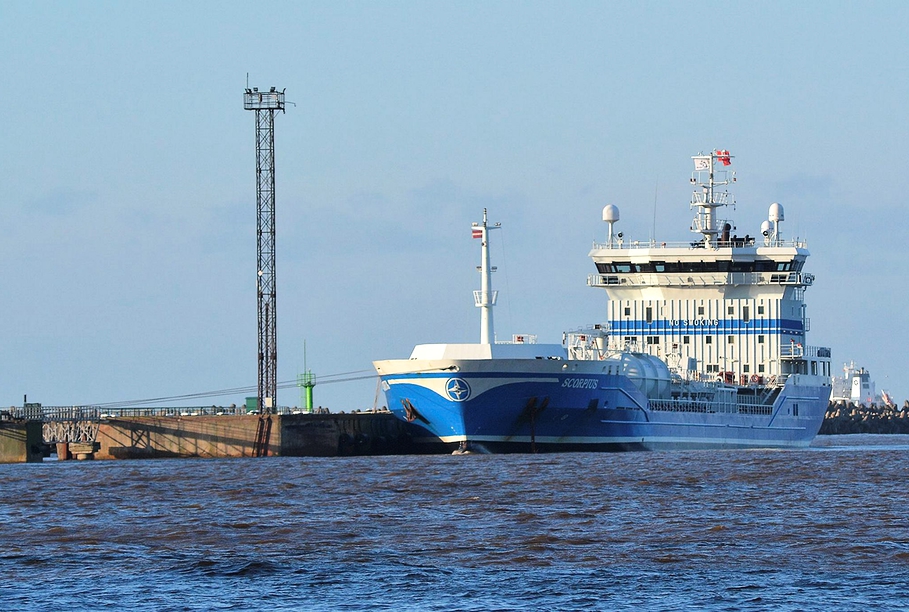Due to the general but uneven switchover to cleaner fuels with much lower sulfur contents in various regions around the world, Russia has been gradually refurbishing its refineries to specifically phase out production of 1,000 ppm sulfur-content gasoil, which is still used for heating in a few Western European states and for driving and power generation in North Africa. Ventspils and Riga have historically been transit hubs for this flow in particular.
This change in the purity-level of the Russian gasoil has traders scrambling to reconstitute existing flows through new transit markets that could allow for more flexible blending of various sulfur-level gasoil specifications in order to meet the very different market requirements of various countries.
Ventspils still handles flows of various sulfur-level gasoil products from Russia, with the dirtiest blends of 4,000-7,000 ppt coming through by railcar, but the cleanest low sulfur-level supplies of 10-50 ppt gasoil being introduced as required by regulators in more and more national energy markets are being piped through to the end of the line at the port.
Current monthly turnovers in Ventspils stand at 900,000 metric tons, which include the high-sulfur level gasoil supplies, but when the final upgrades at Russia’s refineries will have reduced these supplies almost completely, only 600,000 metric tons will meet the new specifications for transiting through, in comparison.
Meanwhile competing ports in other regions, such as the Mediterranean ports of Cyprus, are vying for Russia’s gasoil exports from its Black Sea ports. From there traders can more easily blend cleaner with more dirty fuel supplies to match the exact requirements of various markets nearer by in North and West Africa.





























